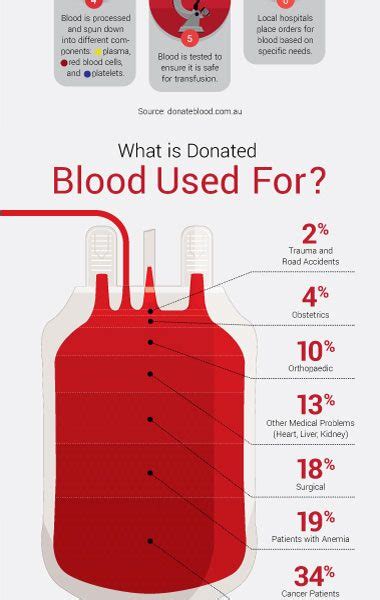Blood Donation Process: A Step-by-Step Breakdown
Donating blood is a simple and rewarding process that can help save lives. Here’s a step-by-step breakdown of the entire experience:

-
Registration and Screening: This takes about 15-20 minutes. You’ll fill out a questionnaire about your health history and undergo a brief physical exam to ensure you’re eligible to donate.
-
Blood Donation: The actual donation process takes about 8-10 minutes. You’ll be seated comfortably and a needle will be inserted into a vein in your arm. The blood will flow into a sterile bag.
-
Recovery: After donating blood, you’ll need to rest for 15-30 minutes. You’ll be given juice or snacks to help you recover.
Time Duration VS Actual Duration
While the average time for blood donation is around 60-90 minutes, it’s important to note that the actual donation process is relatively quick. Most of the time is spent on registration, screening, and recovery.
Factors Affecting Donation Time
Several factors can affect the duration of blood donation, including:
-
Your age and health
-
Your blood type
-
The number of units being donated
-
The skill of the phlebotomist
Benefits of Blood Donation
Donating blood is not only a noble act but also beneficial for your health. It can:
-
Reduce the risk of heart disease
-
Lower blood pressure
-
Improve cholesterol levels
-
Stimulate the production of new blood cells
-
Enhance overall well-being
Eligibility Criteria for Blood Donation
To be eligible to donate blood, you must meet the following criteria:
-
Be at least 18 years old (16 with parental consent in some areas)
-
Weigh at least 110 pounds
-
Be in good general health
-
Have no recent infections or surgeries
-
Meet additional eligibility requirements based on your health history and travel
Myths and Facts About Blood Donation
Myth: Donating blood hurts.
Fact: The needle insertion may cause slight discomfort, but it’s usually minimal.
Myth: I need to be off work for several days after donating blood.
Fact: You can return to your normal activities immediately after donating blood.
Myth: I can’t donate blood if I have tattoos or piercings.
Fact: Tattoos and piercings are no longer considered automatic disqualifiers for blood donation.
Frequently Asked Questions
How often can I donate blood?
Every 8 weeks for whole blood donation and every 16 weeks for plasma donation.
Is it safe to donate blood?
Yes, blood donation is a safe and well-regulated process.
Can I donate blood if I’m on medication?
Most medications do not disqualify you from donating blood. However, it’s best to consult with the staff at the donation center.
Conclusion
Donating blood is a selfless act that can make a profound difference in the lives of others. By understanding the process and eligibility criteria, you can help ensure a smooth and rewarding experience. Remember, every unit of blood donated has the potential to save up to three lives.












